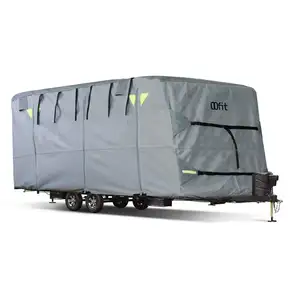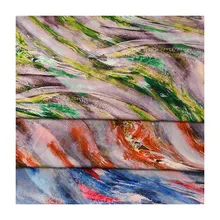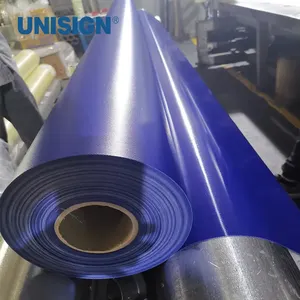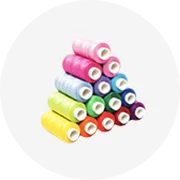Exploring PVC Fabric: A Comprehensive Guide
The realm of textiles is vast and varied, with pvc fabric standing out as a versatile material with a plethora of applications. This synthetic fabric, known for its durability and adaptability, is a staple in various industries, from fashion to home furnishings. Polyvinyl chloride, commonly referred to as PVC, is the third-most widely produced synthetic plastic polymer, and when used in fabric, it offers unique properties that cater to a range of needs.
The Composition and Types of PVC Material Fabric
PVC material fabric is crafted by bonding a layer of polyvinyl chloride to a base material such as polyester, creating a strong and durable combination known as pvc coated polyester fabric. This process results in various types of PVC fabric, including pvc coated cloth, pvc canvas material, and pvc vinyl fabric, each serving different purposes. The coated mesh variant is particularly known for its use in outdoor furniture and gear, thanks to its breathable yet waterproof nature.
Applications and Features of PVC Cloth Material
The applications of pvc cloth material are extensive due to its physical characteristics. For instance, pvc fabric waterproof qualities make it ideal for outdoor and marine applications, where exposure to the elements is a constant challenge. The fabric's resistance to abrasion and chemicals also makes it suitable for protective clothing and industrial use. In the realm of design, faux leather pvc, also known as pvc imitation leather, offers an animal-friendly alternative to genuine leather, widely used in the fashion industry for bags, shoes, and upholstery.
Advantages of Polyvinyl Chloride Fabric
One of the primary advantages of polyvinyl chloride fabric is its strength and longevity. PVC's resistance to environmental factors such as moisture, dirt, and mildew makes it a reliable choice for items that require longevity. Additionally, the ease of maintenance, as most PVC materials can be simply wiped clean, adds to its practicality. The pvc and polyester blend, in particular, offers a balance of flexibility and toughness, making it a sought-after material in various sectors.
Environmental Considerations and Advancements
With growing environmental concerns, the PVC industry has made strides in making pvc cloth more eco-friendly. Innovations in recycling have led to the development of recyclable PVC fabrics, reducing the material's ecological footprint. Furthermore, advancements in production technology have improved the efficiency and sustainability of PVC fabric manufacturing processes.
Choosing the Right PVC Coated Fabric
Selecting the appropriate pvc coated fabric for a project requires consideration of its intended use, durability requirements, and aesthetic preferences. While the market offers a wide array of options, it is crucial to assess the specific attributes of each type of PVC fabric to ensure it meets the application's demands. Whether it's for protective gear, fashion accessories, or outdoor furnishings, PVC fabric provides a reliable and adaptable solution.





































 浙公网安备 33010002000092号
浙公网安备 33010002000092号 浙B2-20120091-4
浙B2-20120091-4